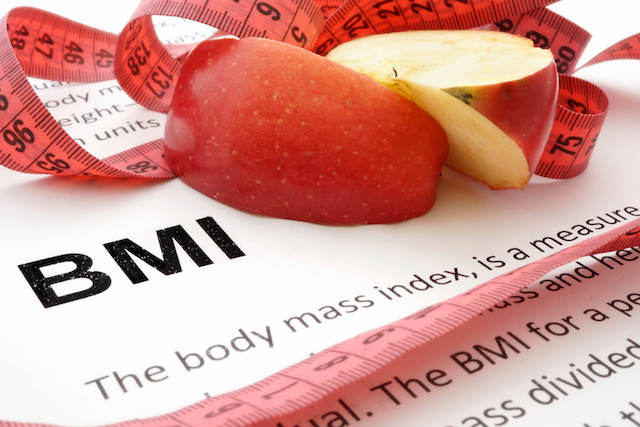Qualifications for Bariatric Surgery
Bariatric surgery has become a popular, successful treatment for overweight individuals who need to lose large amounts of weight. As with any surgery, you must meet certain requirements in order to qualify for weight loss surgery.
Keep reading to learn if you are a candidate for bariatric surgery in 2023!
Basic Qualifications for Bariatric Surgery
Those who qualify for bariatric surgery will meet the following criteria:
- A body mass index (BMI) or 40 or more, or a BMI of 35 to 39.9 and an accompanying obesity-related health condition
- Inability to successfully maintain weight loss with medically supervised weight loss programs
- More than 100 pounds above ideal weight.
Persons who meet these requirements usually benefit from weight loss surgery. However, to increase the likelihood of success, many weight loss surgeons prefer their patients to meet additional criteria as well.
Additional Requirements for Weight Loss Surgery
When determining if a patient is a candidate for weight loss surgery, physicians consider not only the physical requirements, but many other factors as well.
- Lifestyle changes: A patient cannot achieve long lasting success with a weight loss program until they can acknowledge the need for permanent lifestyle change. Operations such as gastric bypass, gastric sleeve, and adjustable gastric banding are simply a starting point. After surgery, there are diet and lifestyle changes required in order to reach and maintain goal weight.
- Social support: As with any life changes, those who have a good support system in place will be most successful. Without the support of those around you, your odds of successfully losing weight and keeping it off will diminish.
- Emotional/psychological stability: Sometimes, there are underlying emotional issues that might play a role in the patient’s weight gain. Unresolved emotional and psychological issues often lead to overeating. Those who overeat due to depression, anxiety, or other triggers, will be most successful if they address those issues as well as the physical aspects of obesity.
- Age 18 or Older: Bariatric surgery centers will not perform weight loss surgery on those under 18 years old. This is because the process of maturing into adulthood can affect the body’s ability to heal and adapt after surgery.
- Commitment to attend pre-operative educational classes and post-operative support group meetings: Those who plan on having bariatric surgery must attend pre-operative educational classes and post-operative support group meetings. This is to ensure that the patient understands the risks and benefits associated with surgery, as well as how to eat and live healthfully after surgery.
To be truly effective, bariatric surgery requires commitment long after the operation is complete. Consultation with a skilled DFW bariatric surgeon like Dr. Malladi at Malladi Bariatrics and Advanced Surgery, can help you determine if weight loss surgery is right for you in 2023.







